Rhubarb macerate with honey and ginger
Preparation time10 min
Waiting time2 days
Ready in2 days 10 m
Rhubarb syrup with honey and ginger, obtained by cold maceration
Servings: 13 servings
400 g jar: ~ 13 servings, an estimated serving of ~ 30 ml syrup (one tablespoon)
Ingredients
Estimated cost: 2.5 €
Materials
- - jar
- - sieve
- - knife
Preparation
 Remove the leaves from the rhubarb stem, as they are poisonous. Then clean the wood with a vegetable cleaner or simply try peeling at one end, pinching with the tip of a knife, then pull the wood fiber. After removing the wood, the rhubarb stem is washed well under running water.
Remove the leaves from the rhubarb stem, as they are poisonous. Then clean the wood with a vegetable cleaner or simply try peeling at one end, pinching with the tip of a knife, then pull the wood fiber. After removing the wood, the rhubarb stem is washed well under running water.- Leave the cleaned rhubarb stem to dry, then dab it with a kitchen towel to remove the water left over after washing.
Rhubarb already has a high water content. It is very important to dry them well, otherwise it is possible to ferment in the process of maceration with honey.  Cut the rhubarb stem into slices of about 1 cm and add to the jar.
Cut the rhubarb stem into slices of about 1 cm and add to the jar. Add the ginger powder, temporarily put the lid on and mix the rhubarb cubes well with the ginger powder.
Add the ginger powder, temporarily put the lid on and mix the rhubarb cubes well with the ginger powder. Add the honey (here I used manna honey) in the jar, little by little, in several stages, waiting for it to drain through the rhubarb slices. It is important that in the end, the honey in the jar exceeds the level of rhubarb slices.
Add the honey (here I used manna honey) in the jar, little by little, in several stages, waiting for it to drain through the rhubarb slices. It is important that in the end, the honey in the jar exceeds the level of rhubarb slices. Close hermetically the jar with a lid and leave to macerate for 24 to 48 hours in a dark and cool place.
Close hermetically the jar with a lid and leave to macerate for 24 to 48 hours in a dark and cool place.
After only 1 hour you will see how a thin syrup forms. After a few hours, it is recommended to shake the jar slightly. After 24 (or 48) hours of maceration, you will get a thin but very concentrated syrup, and you will see how the rhubarb slices have slightly reduced in size.
After 24 (or 48) hours of maceration, you will get a thin but very concentrated syrup, and you will see how the rhubarb slices have slightly reduced in size. The syrup obtained is strained through a sieve.
The syrup obtained is strained through a sieve. At the end, the strained syrup is put in the refrigerator, in a container, recommended made of glass and hermetically sealed. It is recommended to be consumed in a week.
At the end, the strained syrup is put in the refrigerator, in a container, recommended made of glass and hermetically sealed. It is recommended to be consumed in a week.
Administration
Rhubarb macerate with honey and ginger can be consumed both for therapeutic purposes and as a soft drink, tonic with plain or mineral water, having a very pleasant taste.
Consume one tablespoon (~ 30 ml) taken as such or in combination with various liquids when you feel the need. However, it is not recommended to exceed 5 servings a day, as it can become a diuretic.
It is not recommended to consume it in the form of juice immediately after a meal.
For therapeutic purposes, one tablespoon before meals is recommended, 3 times a day.
Consume one tablespoon (~ 30 ml) taken as such or in combination with various liquids when you feel the need. However, it is not recommended to exceed 5 servings a day, as it can become a diuretic.
It is not recommended to consume it in the form of juice immediately after a meal.
For therapeutic purposes, one tablespoon before meals is recommended, 3 times a day.
Observations
If we had to choose between cold maceration and the classic syrup obtained by boiling, the maceration is much more valuable in terms of nutritional values, because it has not been subjected to a thermal process. The only disadvantage of macerate is that it deteriorates after 1-2 weeks and must be consumed in a short time, while the syrup obtained by boiling can be kept sterilized for up to 1-2 years.
Effects and benefits
- energizing tonic
- detoxifier
- reduces nausea
- rich in minerals such as potassium, phosphorus, magnesium, iron, zinc
- rich in vitamins such as vitamin K and C.
- anti-inflammatory
- antioxidant
- anticancer
- antidiabetic
- purgative
Side effects
- purgative if consumed in large quantities or very cold
Contraindications
- Caution in quantities for people who have a slight break in the abdomen
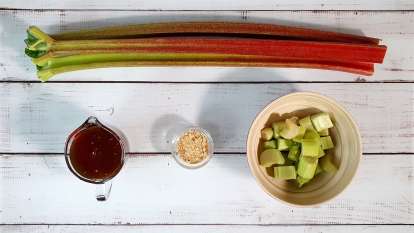
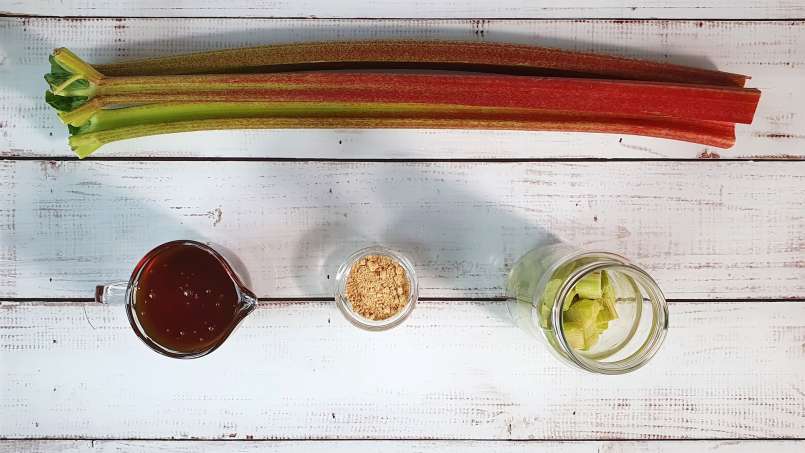
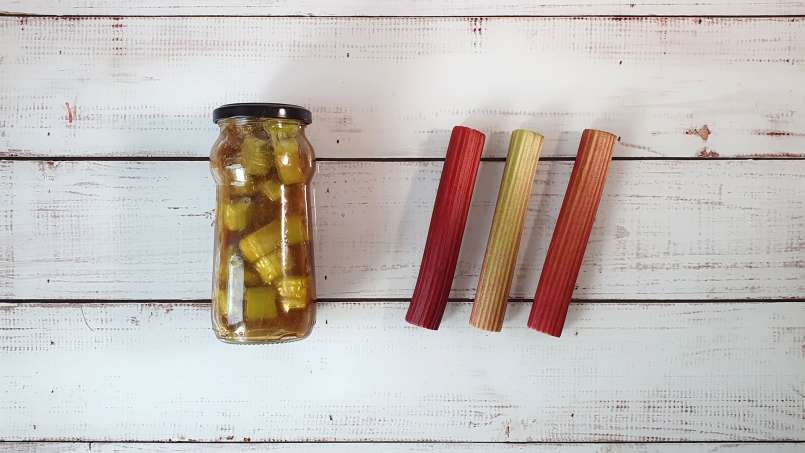
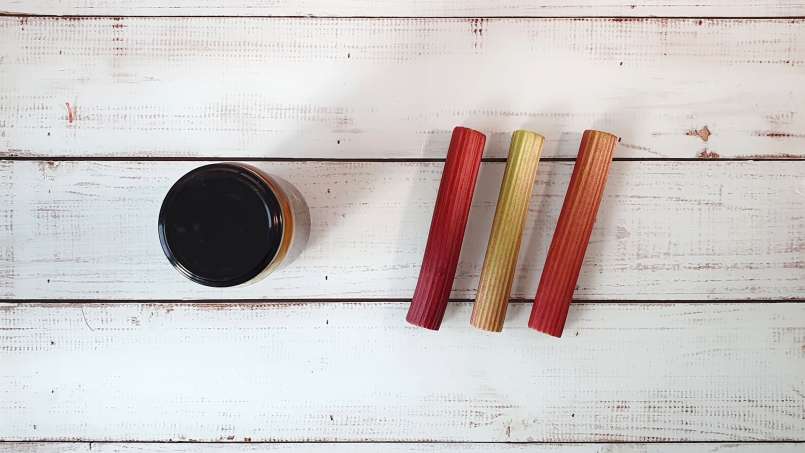
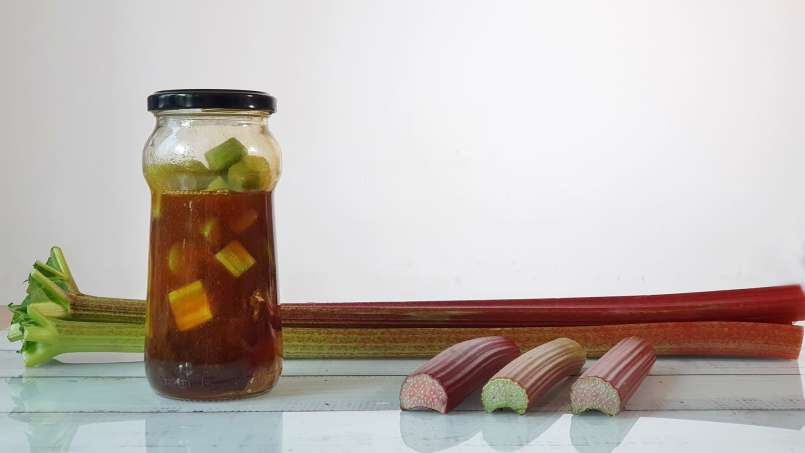
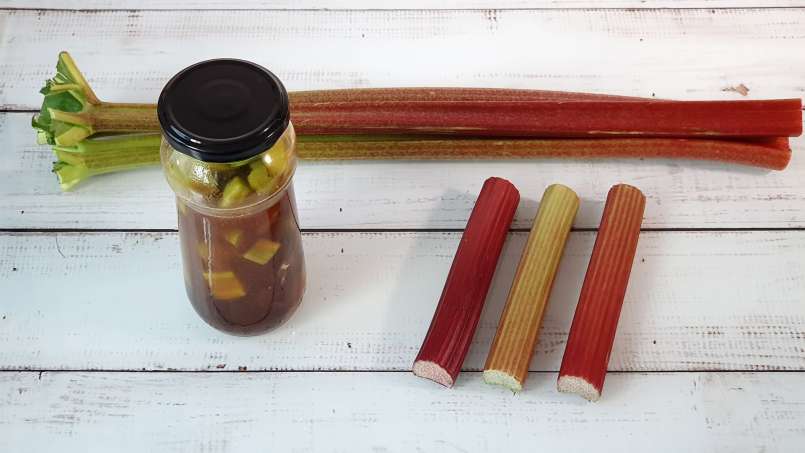
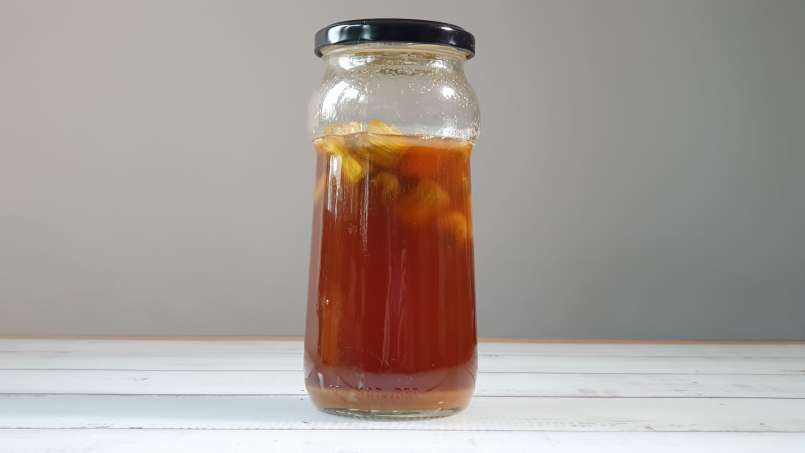
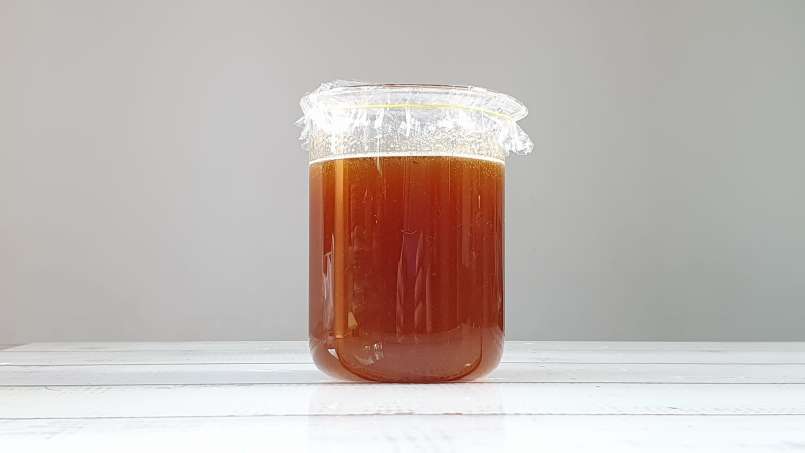
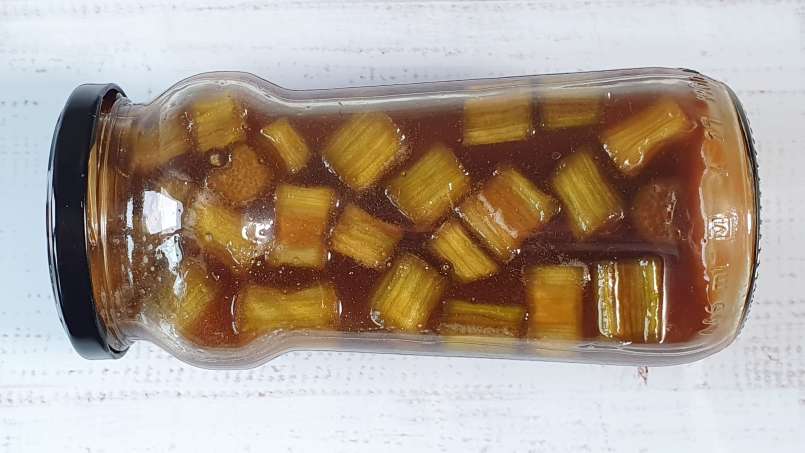
Comments